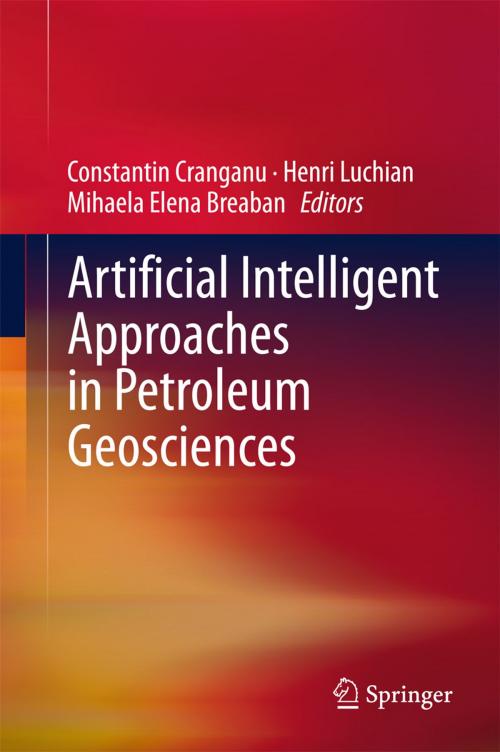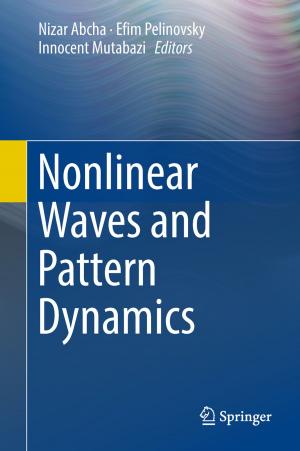Artificial Intelligent Approaches in Petroleum Geosciences
Nonfiction, Science & Nature, Science, Physics, Energy, Computers, Advanced Computing, Artificial Intelligence, Technology| Author: | ISBN: | 9783319165318 | |
| Publisher: | Springer International Publishing | Publication: | April 20, 2015 |
| Imprint: | Springer | Language: | English |
| Author: | |
| ISBN: | 9783319165318 |
| Publisher: | Springer International Publishing |
| Publication: | April 20, 2015 |
| Imprint: | Springer |
| Language: | English |
This book presents several intelligent approaches for tackling and solving challenging practical problems facing those in the petroleum geosciences and petroleum industry. Written by experienced academics, this book offers state-of-the-art working examples and provides the reader with exposure to the latest developments in the field of intelligent methods applied to oil and gas research, exploration and production. It also analyzes the strengths and weaknesses of each method presented using benchmarking, whilst also emphasizing essential parameters such as robustness, accuracy, speed of convergence, computer time, overlearning and the role of normalization. The intelligent approaches presented include artificial neural networks, fuzzy logic, active learning method, genetic algorithms and support vector machines, amongst others.
Integration, handling data of immense size and uncertainty, and dealing with risk management are among crucial issues in petroleum geosciences. The problems we have to solve in this domain are becoming too complex to rely on a single discipline for effective solutions and the costs associated with poor predictions (e.g. dry holes) increase. Therefore, there is a need to establish a new approach aimed at proper integration of disciplines (such as petroleum engineering, geology, geophysics and geochemistry), data fusion, risk reduction and uncertainty management. These intelligent techniques can be used for uncertainty analysis, risk assessment, data fusion and mining, data analysis and interpretation, and knowledge discovery, from diverse data such as 3-D seismic, geological data, well logging, and production data. This book is intended for petroleum scientists, data miners, data scientists and professionals and post-graduate students involved in petroleum industry.
This book presents several intelligent approaches for tackling and solving challenging practical problems facing those in the petroleum geosciences and petroleum industry. Written by experienced academics, this book offers state-of-the-art working examples and provides the reader with exposure to the latest developments in the field of intelligent methods applied to oil and gas research, exploration and production. It also analyzes the strengths and weaknesses of each method presented using benchmarking, whilst also emphasizing essential parameters such as robustness, accuracy, speed of convergence, computer time, overlearning and the role of normalization. The intelligent approaches presented include artificial neural networks, fuzzy logic, active learning method, genetic algorithms and support vector machines, amongst others.
Integration, handling data of immense size and uncertainty, and dealing with risk management are among crucial issues in petroleum geosciences. The problems we have to solve in this domain are becoming too complex to rely on a single discipline for effective solutions and the costs associated with poor predictions (e.g. dry holes) increase. Therefore, there is a need to establish a new approach aimed at proper integration of disciplines (such as petroleum engineering, geology, geophysics and geochemistry), data fusion, risk reduction and uncertainty management. These intelligent techniques can be used for uncertainty analysis, risk assessment, data fusion and mining, data analysis and interpretation, and knowledge discovery, from diverse data such as 3-D seismic, geological data, well logging, and production data. This book is intended for petroleum scientists, data miners, data scientists and professionals and post-graduate students involved in petroleum industry.















